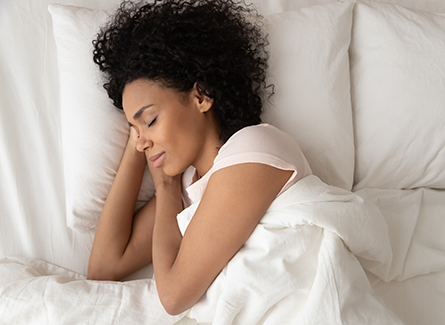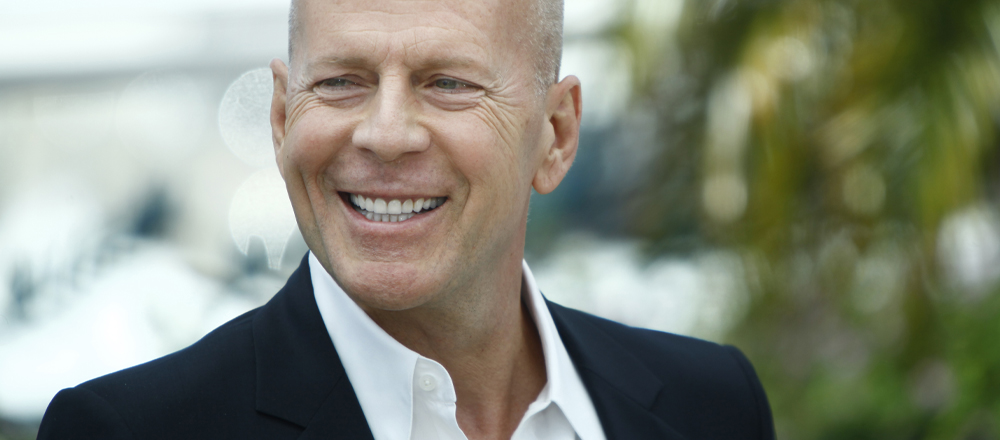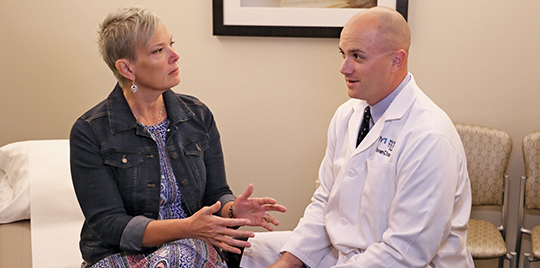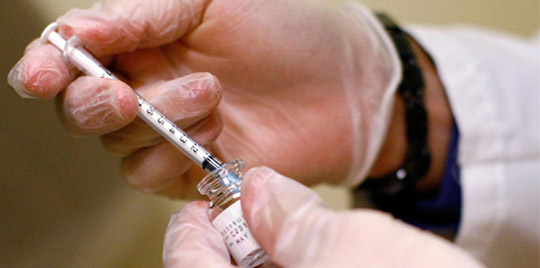Don't Lose Sleep Over Daylight Saving Time
March 7, 2024By: Ciara Rojas-Pate
Categories: Live Healthy, Neurosciences, Your Wellness

It’s time to spring forward and set your clock one hour ahead. For many people, it’s hard to adjust. But there is help for those who lose sleep and feel drowsy during the days following daylight saving time. Make your transition more restful with these suggestions from Scott Shorten, MD, medical director of North Kansas City Hospital’s Diagnostic Sleep Center and a neurologist with Meritas Health Neurology.
Avoid Stimulants
Stimulants and spicy foods can make for restless shut-eye. Avoid drinking anything with caffeine, alcohol or tobacco at least four hours before bedtime. Steer clear of spicy food before bed, as it can raise your body temperature and make falling asleep difficult.
Relax Before Bed
To create a sleep-friendly environment:
- Set your thermostat between 60-75 degrees to get a comfortable night’s rest.
- Shut off your electronics at least an hour before bed.
- Turn down the lights and enjoy some quiet time to ease your mind. Worry boosts the production of the stress hormone cortisol, which makes you more alert.
- Use sleep shades, earplugs or a white-noise machine.
Maintain a Sleep Schedule
Consistency is essential for rejuvenation. Go to bed and wake up at the same time each day, even on weekends. A consistent schedule will help keep your body’s sleep cycle on track. Aim to get at least seven hours of sleep each night. If you like to hit the snooze button, try putting the alarm clock out of reach to force you to get out of bed.
Embrace the Light
Light helps reset your body’s internal clock and fires up your brain, so let sunlight into your room or go outside first thing in the morning to wake you up. A light box or sunlamp can also help wake you up and lift your mood.
Eat Right and Get Moving
Start each day with a healthy breakfast and exercise. Eating breakfast jump-starts your metabolism to help you burn more calories throughout the day. Exercise can help increase your energy levels all day long.
Connect With a Sleep Expert
If sleeplessness becomes a chronic problem even weeks into daylight savings, talk to your primary care doctor about it. Your PCP may refer you to a sleep specialist.



